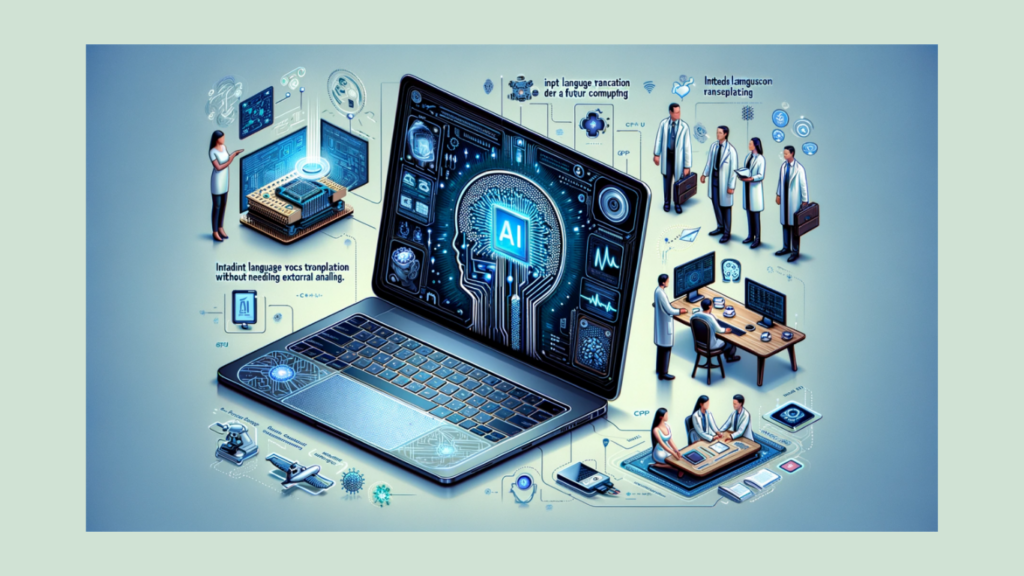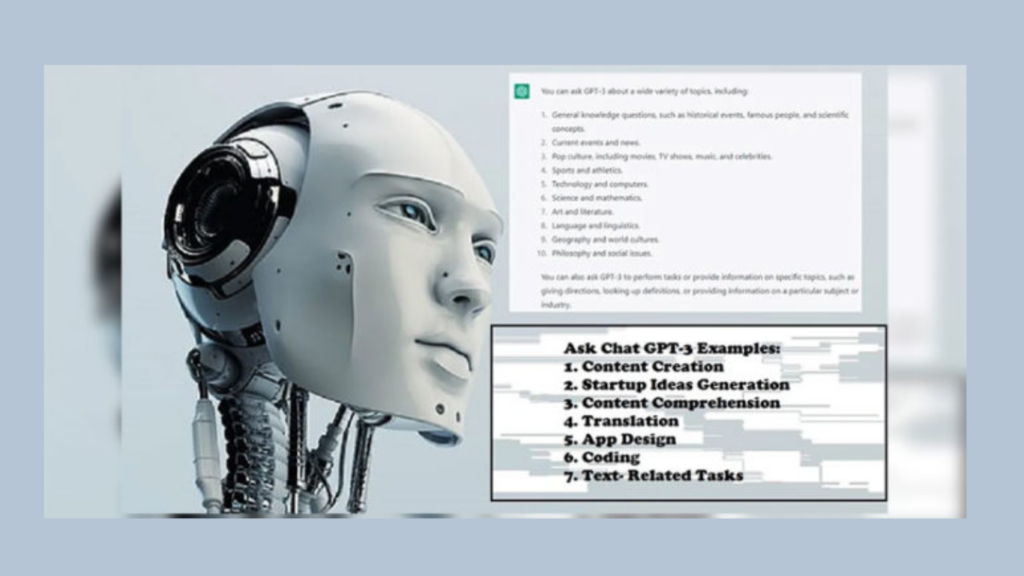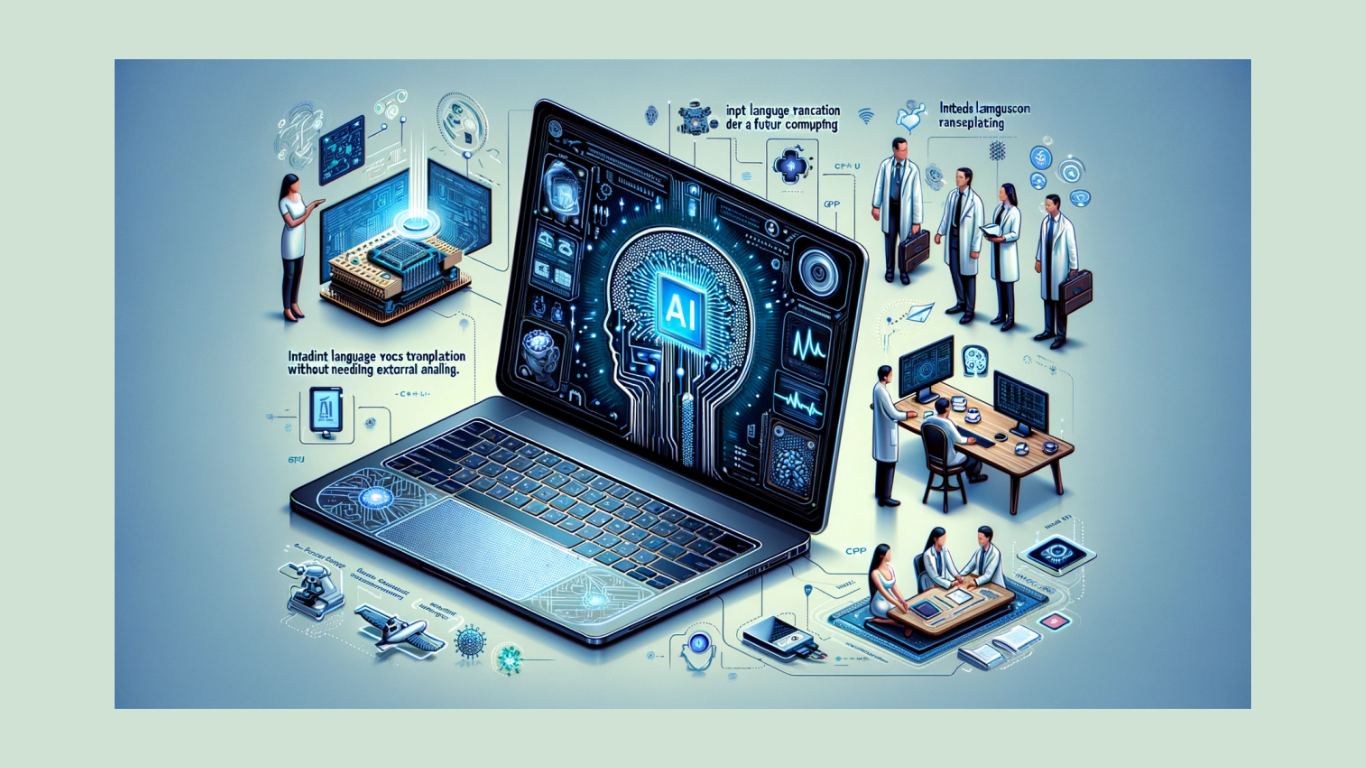A new wave of personal computers, built specifically for running artificial intelligence programs, hit the market on Tuesday, signaling a significant push by tech companies toward mainstream AI adoption.
In May, Microsoft announced its new AI-powered personal computers, called “AI PCs,” under the Copilot Plus brand. These PCs are designed to provide AI capabilities directly on the device, eliminating the need for cloud-based solutions, which can be more energy-intensive, slower, and less efficient.

The AI PCs are equipped with a neural processing unit (NPU) chip that enhances tasks like photo editing, live transcription, translation, and a feature called “Recall” that tracks all activities on the device. However, due to privacy concerns, Microsoft decided to offer Recall only as a test feature for now.
Currently, these devices, made by companies like HP and ASUS, run on the new Snapdragon X Elite and Plus processors from Qualcomm. “We’re redefining what a laptop can do,” said Durga Malladi, Qualcomm’s senior vice president, at the Collision tech conference in Toronto. “This is the rebirth of the PC.”
At the May launch, Microsoft projected that over 50 million AI PCs would be sold within a year, driven by the growing interest in ChatGPT’s capabilities. This boost is expected to revive PC sales, which had declined after the peak during the pandemic but began to recover in early 2024.
Best Buy has prepared for this shift by training thousands of staff to sell and support these new AI PCs. However, some industry experts are cautious, suggesting that the benefits of AI laptops might not yet be compelling enough to change buying habits significantly.

“For most information workers, the current AI features aren’t game-changing enough to drive rapid adoption,” said analysts from Forrester. “AI’s evolutionary features aren’t revolutionary enough to disrupt traditional buying patterns.”
Since the release of ChatGPT in late 2022, Microsoft has been aggressively integrating AI into its products, including Teams, Outlook, and Windows. Google quickly followed, and Apple recently announced its own on-device AI capabilities for premium iPhones, set to roll out over the coming months. Although the latest MacBooks and iPads already support advanced AI features, Apple has been slower to emphasize these capabilities.
Craig Federighi, Apple’s senior vice president of Software Engineering, joked, “I guess we missed the boat to name it an AI PC,” referring to the latest MacBook models.
Alongside hardware advancements, companies are enhancing their software ecosystems to support AI PCs. Microsoft, for instance, is developing more powerful AI applications for productivity, creativity, and entertainment to ensure a smooth user experience.
AI PCs are also expected to impact sectors like education and healthcare. Schools are exploring these PCs for personalized learning, and healthcare providers are looking at their potential to improve diagnostics and patient care.
As technology evolves, AI integration into personal computing will likely become more widespread, transforming how we interact with our devices and the world around us, leading to a smarter, more connected future.

Subtly charming pop culture geek. Amateur analyst. Freelance tv buff. Coffee lover
